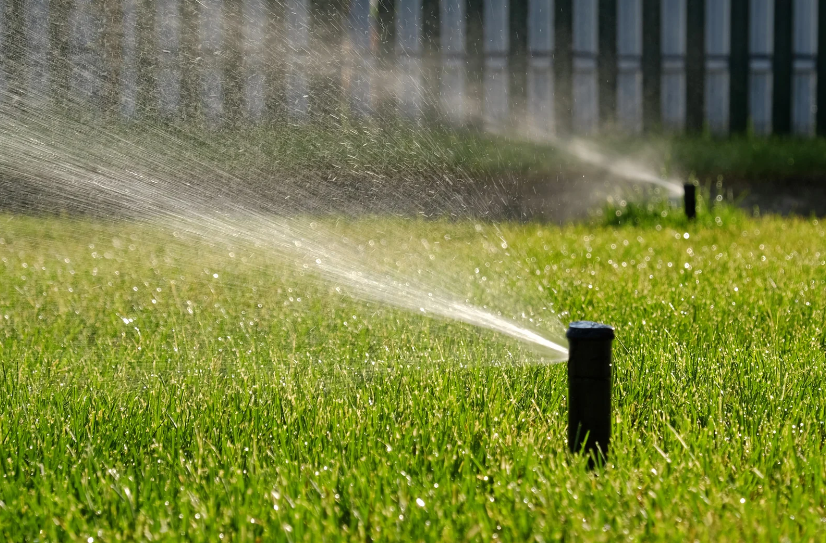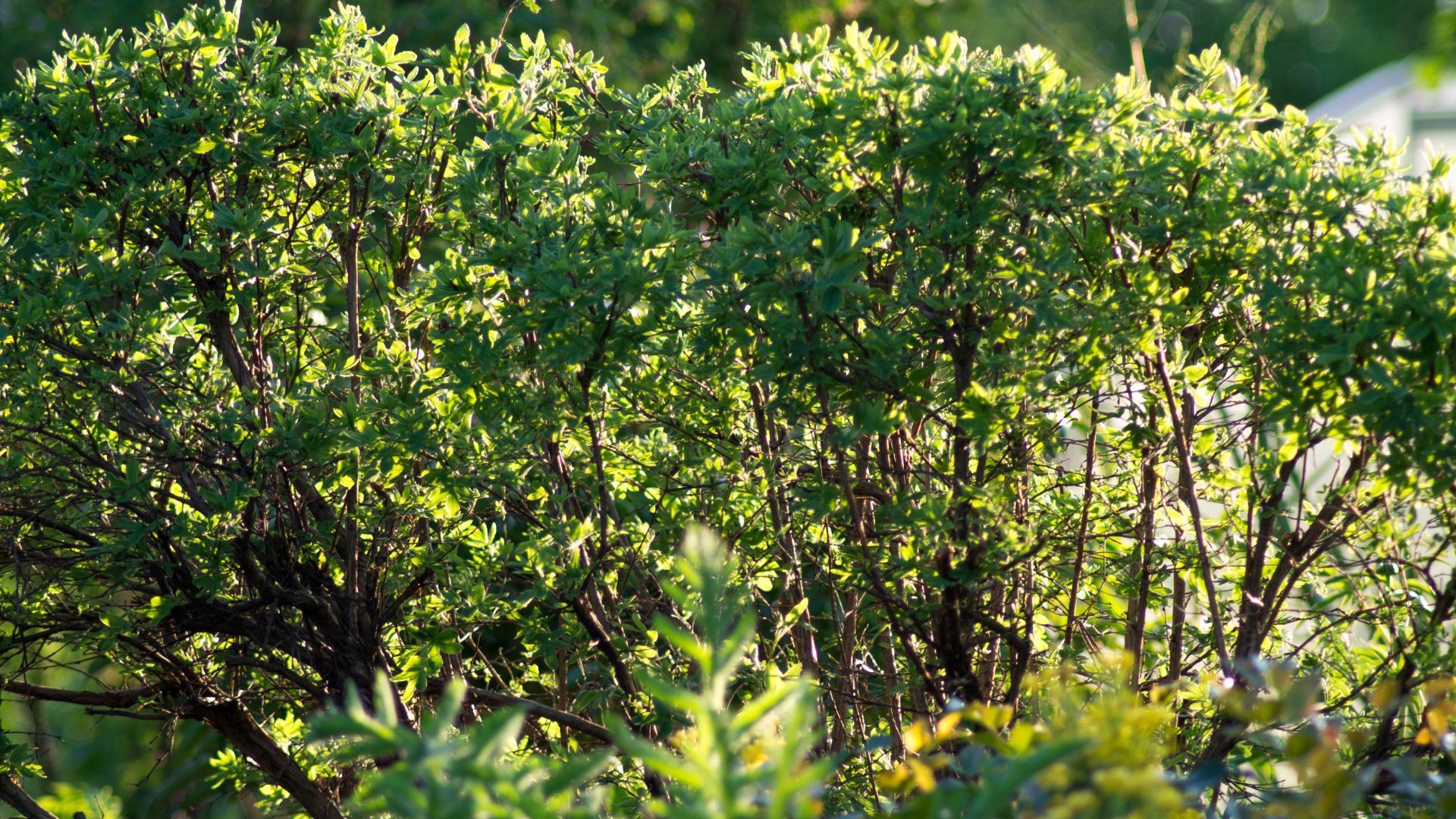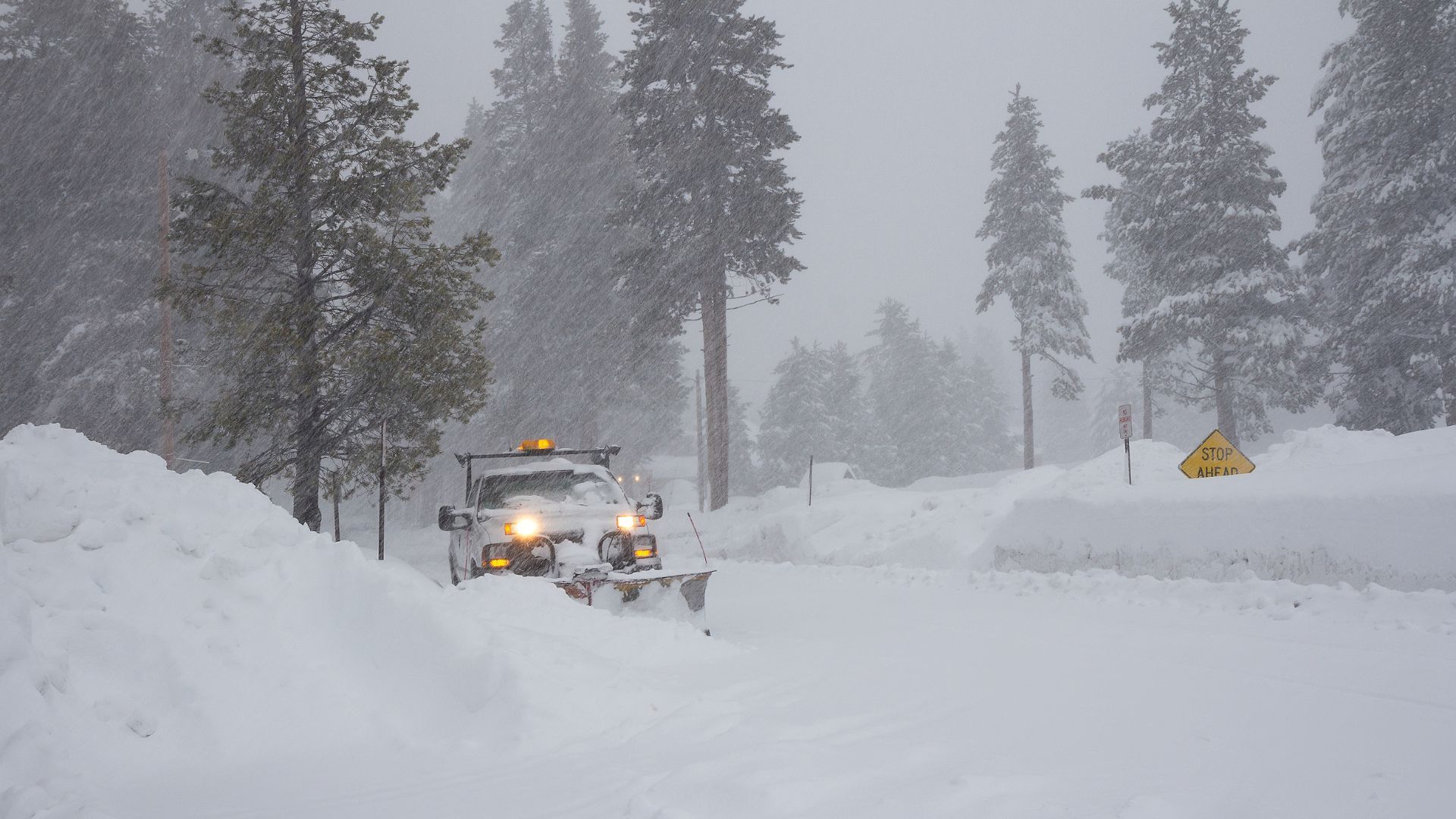When does Landscaping season start?
It is difficult to pinpoint exactly when the season for landscaping begins; however, the time of year when most people begin to think about it is when the temperature begins to rise in the spring. That equates for many people to the end of March or the beginning of April. When this happens, the snow will begin to melt, and the days will start getting longer. It is also a right time to try considering getting your yard ready for the summertime activities that it will host.
The period of time during which landscaping is most likely to be carried out successfully and yield the desired outcomes is referred to as the "landscaping season."
Why is it essential to select the appropriate landscaping season to start?
It is extremely vital to do the correct things at the appropriate time. If you are not completing the landscaping at the proper season then it will cost you a tremendous monetary loss, labor, and time. In every season, maintenance and measures to be undertaken for
landscaping is unique for each season.
Landscaping season
The fall season is the perfect time to wind things up, put away any apparatus used for pond care, and get ready for the colder, drier winter months. This enables you to start making preparations for the next fall, winter, and summer seasons as soon as spring arrives. Then, as spring progresses, you will be able to make some little adjustments to your plants and grass. The beginning of spring is the best time to grow flowers and other types of plants. Before you can begin, you need to make sure that the freeze-thaw cycle that occurs over the winter hasn't driven any plants out of the ground.
The spring is also the time to make preparations for the sweltering heat of the summer. Depending on the kinds of plants that you have, your trees, grass, and shrubs will all require soil that is capable of keeping water. The warm weather of summer makes it easy for water to evaporate or be lost to outflow.
The most difficult season for the landscape to maintain is winter. Taking additional precautions throughout the winter is very vital if you do not want your garden and landscaping to be completely destroyed.
Even if it's chilly outside, you shouldn't neglect your yard or landscaping just because the weather is chilly. The winter months are an ideal time to make plans for and perform maintenance on certain aspects of your landscape.
The seasons you observe for your landscaping will fluctuate according to the sort of landscape you have. If you are the sort of customer that is just interested in gravel and yucca, then your landscaping season will be much shorter. On the other hand, if you like the serenity of the woods and the lushness of the vegetation within, you will need to give some thought and planning to your trees. Even though fall is a better season overall for landscaping, you really have to take additional precautions at this time of year.
You might also like



